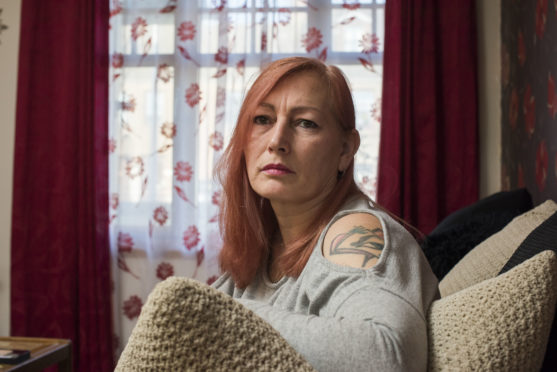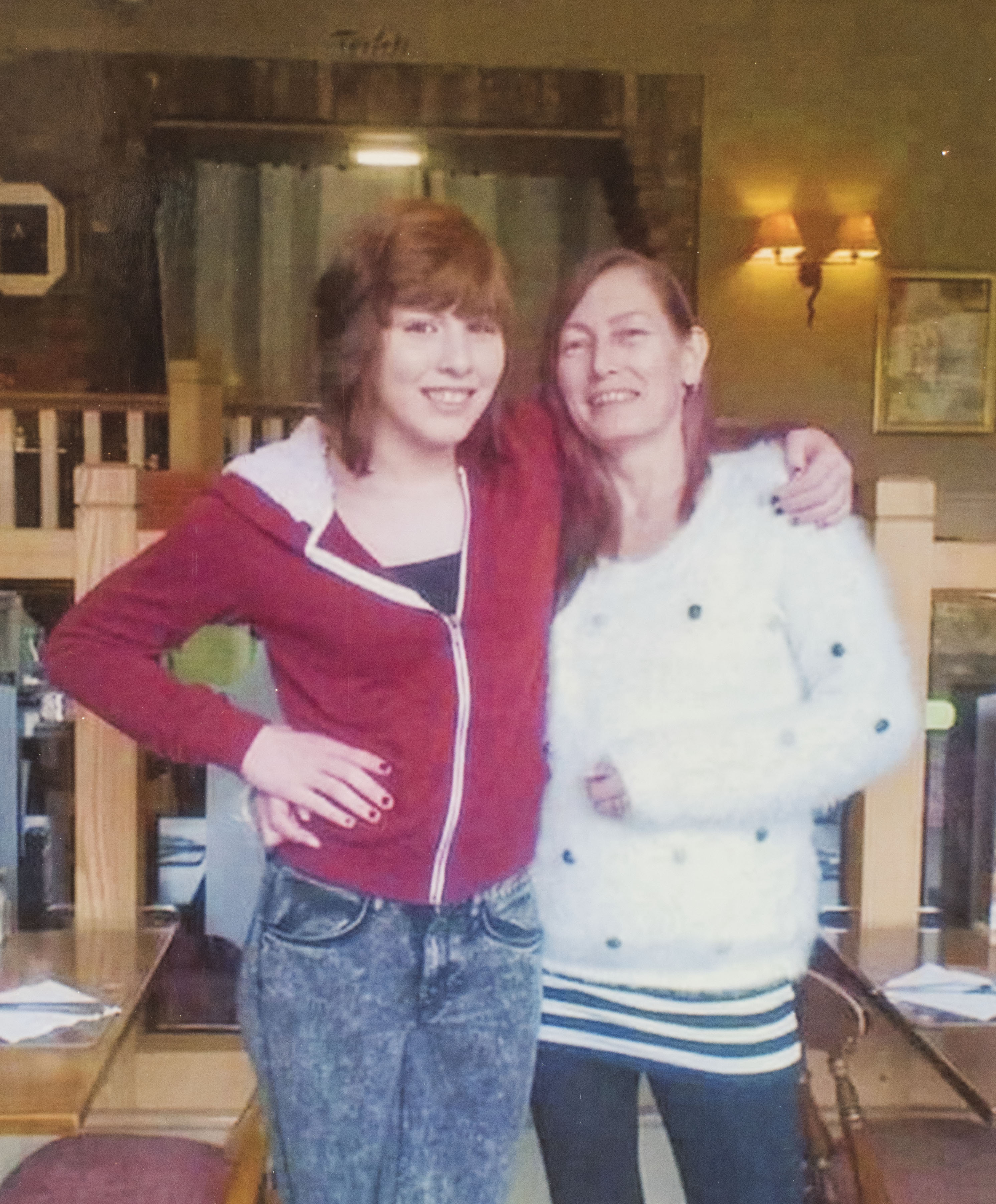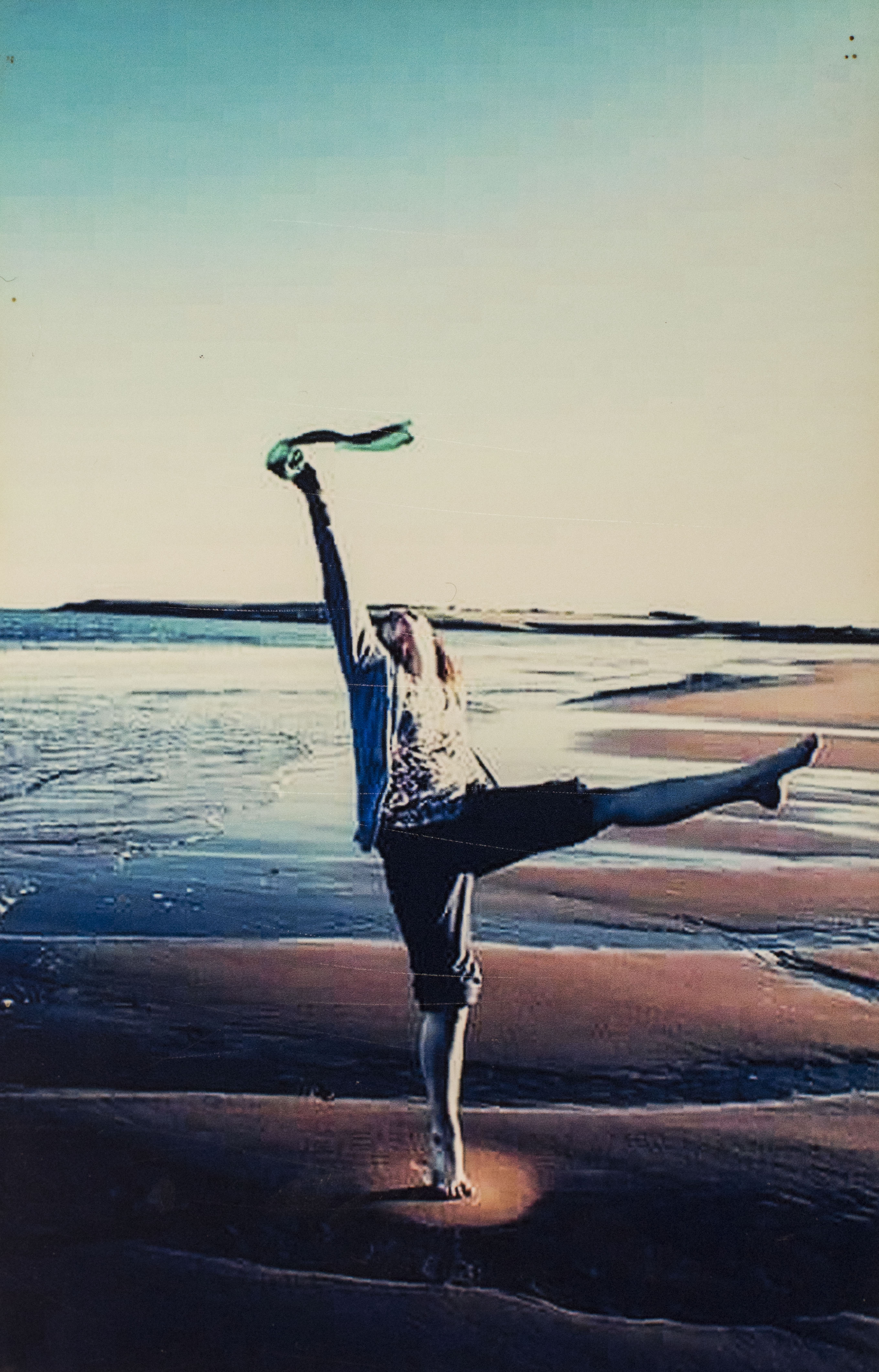
When she was just six-years-old, Libbi Toledo told her mum she would never grow old.
At the time, it seemed to mean nothing at all, but nearly 18 months after the teenager’s death, to mum Judi, 48, it seems like a premonition.
She said: “It’s like she knew. We were talking one day about when she was older and she said to me, ‘Mum, I’ll never be an old lady. I’m not going to get old.’”
Libbi was found dead in September 2017, 10 days after going missing from care. The youngster, who had severe mental health issues including autism and ADHD which led to challenging behaviour, took her own life at 17.
Now her mother is battling for earlier diagnosis and better support for adolescents with mental health issues.
The Scottish Government wants to reduce suicide levels by 20% over the next three years and Scotland’s first secure psychiatric unit for under-19s is to open next year.
But, while Judi is happy to see progress, she feels change is too slow, adding: “It’s infuriating.
“A little bit is not enough but at least it’s a start. I’m happy progress is being made but they need to do more and quicker.”
After Libbi died, Judi called for the introduction of a specialist secure inpatient service for youngsters in Scotland with autism.
Judi, from Brechin, said: “Secure accommodation, which is the care Libbi was in, is good at keeping kids safe but don’t address the underlying issues. That’s why we need secure inpatient beds.
“Often autism comes with secondary issues and kids with these need treatment and therapy.
“Figures indicate children with autism are 28 times more likely to commit suicide than young people without it.
“So, when they’ve considered suicide, they need a form of rehab. It’s not enough for them just to say they won’t do it again and go back out there into the world.”
Last year, Judi set up a Facebook page, Libbi’s Hope Foundation, dedicated to raising awareness of adolescent mental health.
Judi said: “I used to say I had two children but now it’s more like 300! So many young people like Libbi have contacted me, mostly because they just need someone to talk to. There just doesn’t seem to be enough support.
“But they have been incredible in supporting me too.”
More recently, she has been working with MSP Mairi Gougeon in a bid to secure a meeting with the Minister for Mental Health, Clare Haughey, to discuss Libbi’s case.
She also hopes to present a petition to Holyrood calling for greater mental health provision, earlier diagnosis of mental health conditions and needs-based, rather than diagnosis-based, support.
Libbi showed signs of autism as young as two – but it wasn’t diagnosed until she tried to kill herself when she was 14.
She spent most of her teens in care due to violent and challenging behaviour but wasn’t admitted to a mental health facility when Judi claims it was obvious she needed psychiatric support. “If she had got the help she needed, maybe she would still be here,” she said.
“It was obvious from the outset – she was different from any other child I’d seen of her age.
“She would have tantrums full of rage and screaming for hours on end. She just couldn’t seem to calm down.
“Her toys were arranged by size, books and pens by colour. I mentioned it to the health visitor but she just dismissed it and gave me some parenting advice.”
However, nursery staff saw something too. “The teachers said Libbi had a tendency to play on her own, away from the other kids and didn’t want to join in,” Judi said. “The alarm bells should have been ringing.”
Despite concerns over Libbi becoming aggressive and violent she wasn’t properly assessed until the age of six – but still wasn’t diagnosed.
“At that assessment and every single one after that, I was told there was nothing wrong with Libbi,” Judi recalled.
Just a month before Libbi’s ninth birthday, it was recommended by social workers that Judi put her daughter in care.
“It was so hard, but when your child is attacking you for 10 hours of the day, there is only so long you can handle it,” Judi said. “It was too dangerous.”
Judi, who also has a son – Christopher, now 24 – added: “I had another child to think about – and myself. It was put to me that a period away might help to settle her down and give me some respite.”
The teen maintained regular contact with her mum, and the pair saw each other at least once a week.
“We were always close but actually got on better after she went into care,” Judi said.
In August 2017, a Children’s Panel hearing supported Libbi’s decision to come out of the care system and move back home.
Libbi began a rehab plan, returning to Brechin at weekends.
“It was my son’s birthday. We had a lovely family dinner on the Saturday and she went back on the train on the Sunday to the care facility. Things were going well. But on the Monday I got an alarming call from Libbi. She was shouting and swearing.”
Later that night, Libbi was reported missing. More than a week later, police told Judi they had found a body.
“By the time she was found, I already knew,” Judi said.
“She was an amazing girl. She found the strength to live for more than 17 years with all that was going on in her head. She was aware of having her whole life ahead of her and she was terrified of that.
“The prospect of another 60 years of that must have been frightening.
“I only hope I can do something to save others from a similar experience. It’s what she would have wanted.”
Ms Gougeon said Judi’s experience is “absolutely heartbreaking”.
“Judi has been working tirelessly to make sure that no one else has to go through or experience what she has, and understandably wants to do what she can to help young people who are struggling,” the MSP said.
“I’ve written to the Mental Health Minister Clare Haughey seeking a meeting with Judi to discuss these issues and what more can be done to help those like Libbi.”
A Scottish Government spokesperson said: “We firmly believe that no suicide is inevitable, so we recently launched our new suicide prevention action plan, which specifically highlights children and young people, to bring improvements in prevention and reductions in rates.”

Enjoy the convenience of having The Sunday Post delivered as a digital ePaper straight to your smartphone, tablet or computer.
Subscribe for only £5.49 a month and enjoy all the benefits of the printed paper as a digital replica.
Subscribe
